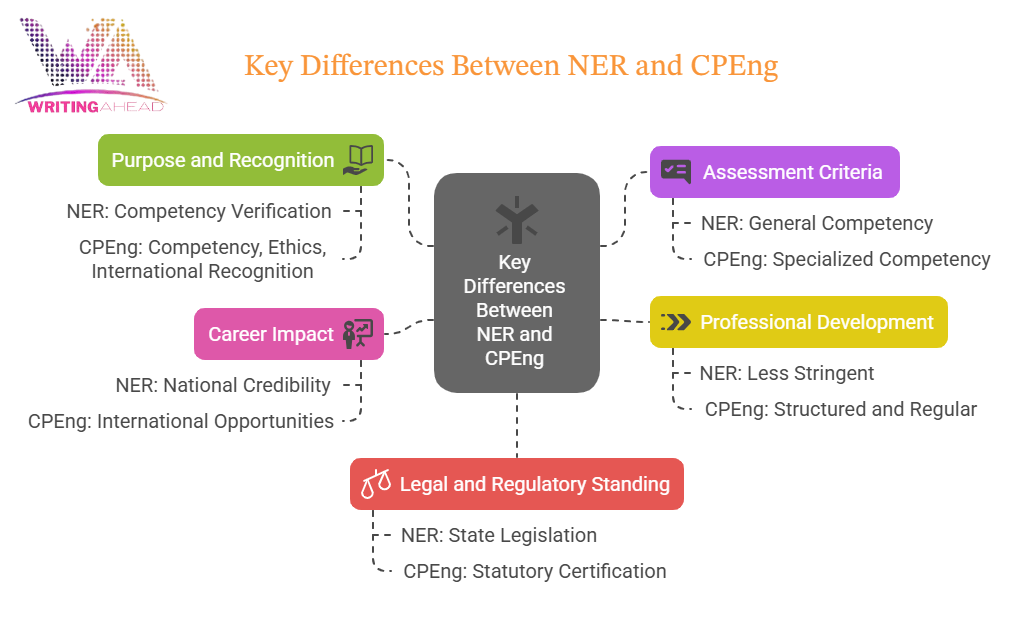The Benefits of Spray Foam Insulation for Commercial Buildings

Spray foam insulation has emerged as a leading choice for commercial building owners and contractors due to its wide-ranging benefits. It goes beyond simply maintaining indoor temperatures—it plays a pivotal role in enhancing energy efficiency, reducing costs, and improving the overall comfort of commercial spaces. As businesses in the USA and Canada focus on optimizing energy use, spray foam insulation presents an ideal long-term solution. This guide explores the advantages of spray foam insulation and why it’s a valuable investment for commercial properties.
What is Spray Foam Insulation?
Spray foam insulation is a high-performance material that expands upon application to form an airtight seal in walls, roofs, and other areas. It consists of two compounds, isocyanate and polyol resin, which combine to form foam. Known for its high R-value and air-sealing properties, spray foam is available in two primary types:
- Open-Cell Spray Foam: A lighter, less dense form that allows some air and moisture permeability. It’s ideal for interior applications.
- Closed-Cell Spray Foam: Denser and more robust, offering a higher R-value and acting as both an air and moisture barrier, making it suitable for exterior use and spaces requiring strong insulation.
Energy Efficiency and Cost Savings
One of the biggest advantages of spray foam insulation for commercial buildings is its ability to significantly boost energy efficiency. Here’s how:
1. Superior Insulation Value (High R-Value)
Spray foam insulation provides a higher R-value per inch compared to traditional options like fiberglass or cellulose. The R-value indicates the material’s resistance to heat flow, with closed-cell spray foam delivering a superior R-value of approximately 6.5 per inch. This makes it far more effective at maintaining consistent indoor temperatures.
2. Air Sealing Capabilities
Unlike traditional insulation, which may leave gaps or sag over time, spray foam creates a complete air barrier by filling every crevice. This air-sealing capability prevents energy loss due to drafts and can cut energy bills by up to 50%.
3. Reduced Heating and Cooling Costs
By ensuring a stable indoor climate, spray foam reduces the workload on HVAC systems. This not only lowers energy costs but also extends the lifespan of heating and cooling equipment, resulting in further savings over time.
4. Moisture Barrier
Closed-cell spray foam acts as a moisture barrier, preventing water from infiltrating and damaging the building structure. This also reduces the risk of mold and mildew growth, which can otherwise lead to costly repairs and health risks.
Improved Indoor Air Quality
Maintaining a healthy indoor environment is critical for both employee productivity and customer satisfaction in commercial buildings. Spray foam insulation improves indoor air quality in several ways:
1. Reduction in Pollutants and Allergens
The airtight seal created by spray foam helps keep outdoor pollutants, dust, and allergens from entering the building, creating a cleaner, healthier space for occupants.
2. Mold and Mildew Prevention
Spray foam’s resistance to moisture prevents the growth of mold and mildew, which can degrade indoor air quality and lead to serious health issues.
3. Elimination of Air Gaps and Cold Spots
By eliminating air gaps, spray foam insulation ensures consistent temperatures throughout the building, eliminating drafts and cold spots for a more comfortable indoor environment.
Enhanced Structural Integrity
Spray foam insulation offers more than just energy efficiency—it can also reinforce the structural integrity of commercial buildings, particularly in regions prone to extreme weather.
1. Increased Wall and Roof Strength
Closed-cell spray foam adds strength by adhering directly to surfaces, providing additional protection against environmental stressors like high winds.
2. Protection Against Pests
Spray foam acts as a barrier against pests like rodents and insects. Unlike traditional insulation materials, which can provide nesting sites, the impermeable nature of spray foam blocks entry points for pests.
Sustainability and Environmental Benefits
As businesses strive to operate more sustainably, spray foam insulation offers long-term environmental advantages:
1. Energy Conservation
Spray foam insulation significantly reduces energy consumption, which translates to lower greenhouse gas emissions. This helps businesses reduce their carbon footprint.
2. Durability and Longevity
With a lifespan that often matches that of the building, spray foam insulation reduces the need for replacement materials, minimizing its environmental impact.
3. Recycled Content and Low VOCs
Many spray foam products contain recycled materials and have low levels of volatile organic compounds (VOCs), making them safer for indoor environments and better for the planet.
Cost-Effectiveness Over Time
Although spray foam insulation may involve higher upfront costs, its long-term benefits make it a cost-effective choice for commercial buildings:
1. Return on Investment (ROI)
Energy savings from spray foam insulation can often cover the initial investment within just a few years. Combined with reduced maintenance costs, the ROI is highly attractive.
2. Incentives and Rebates
Many utility companies and government programs offer rebates and incentives for installing energy-efficient upgrades like spray foam insulation, further offsetting the initial cost.
3. Reduced Maintenance Costs
Spray foam insulation is highly durable and doesn’t sag or deteriorate over time, reducing the need for repairs or replacements, unlike traditional materials.
Compliance with Building Codes and Standards
Spray foam insulation helps commercial properties meet energy efficiency and fire safety regulations:
1. Meeting Energy Efficiency Standards
Spray foam insulation assists in meeting or exceeding local, state, or federal energy efficiency standards, which can result in lower insurance premiums and higher property values.
2. Fire Safety Compliance
Many spray foam products come with fire retardant properties, ensuring compliance with fire safety codes, a critical aspect of protecting commercial buildings.

How to Choose the Right Spray Foam Insulation Contractor
To maximize the benefits of spray foam insulation, it’s essential to hire a qualified contractor. Here’s what to look for:
1. Check Credentials and Experience
Ensure the contractor is certified and experienced in spray foam installation, particularly for commercial projects.
2. Request References and Reviews
Look at reviews and request references from past clients to assess the contractor’s reputation and track record.
3. Ask About Warranty and Maintenance
Inquire about the warranty on the insulation and any maintenance services offered. A reputable contractor will stand behind their work.
4. Get a Detailed Quote
Request a comprehensive quote covering all aspects of the project, including application and cleanup, and compare multiple contractors to ensure you’re getting the best deal.
Take Action Now: Enhance Your Commercial Building with Spray Foam Insulation
Ready to experience the transformative benefits of spray foam insulation? From energy savings and improved air quality to enhanced structural integrity, this is an investment that pays off.
At Spray Foam Genius Marketing, we help connect contractors with businesses like yours. We offer professional services tailored to spray foam insulation contractors, including SEO, Google My Business optimization, local SEO, and more.
Call us at 877-840-FOAM (USA) or 844-741-FOAM (Canada), or visit our website to learn more. Let us help you maximize your building’s performance today!










